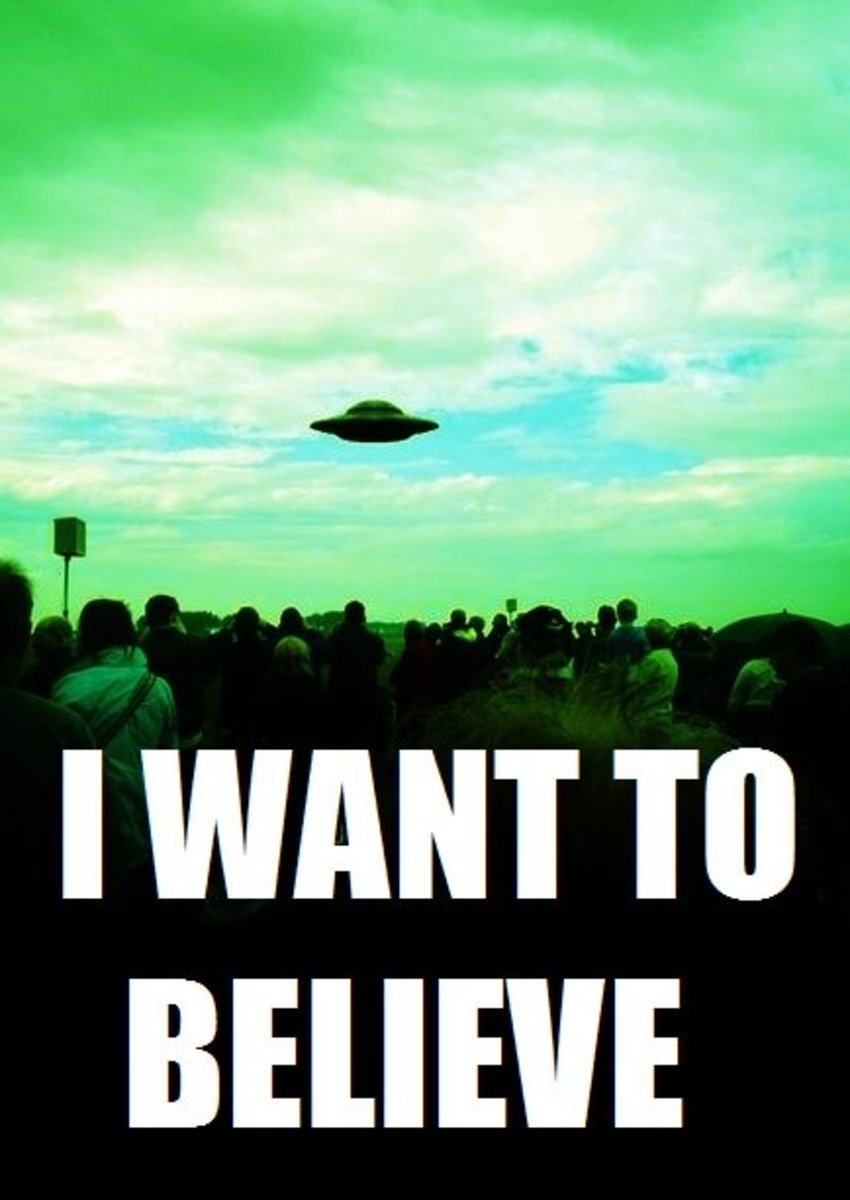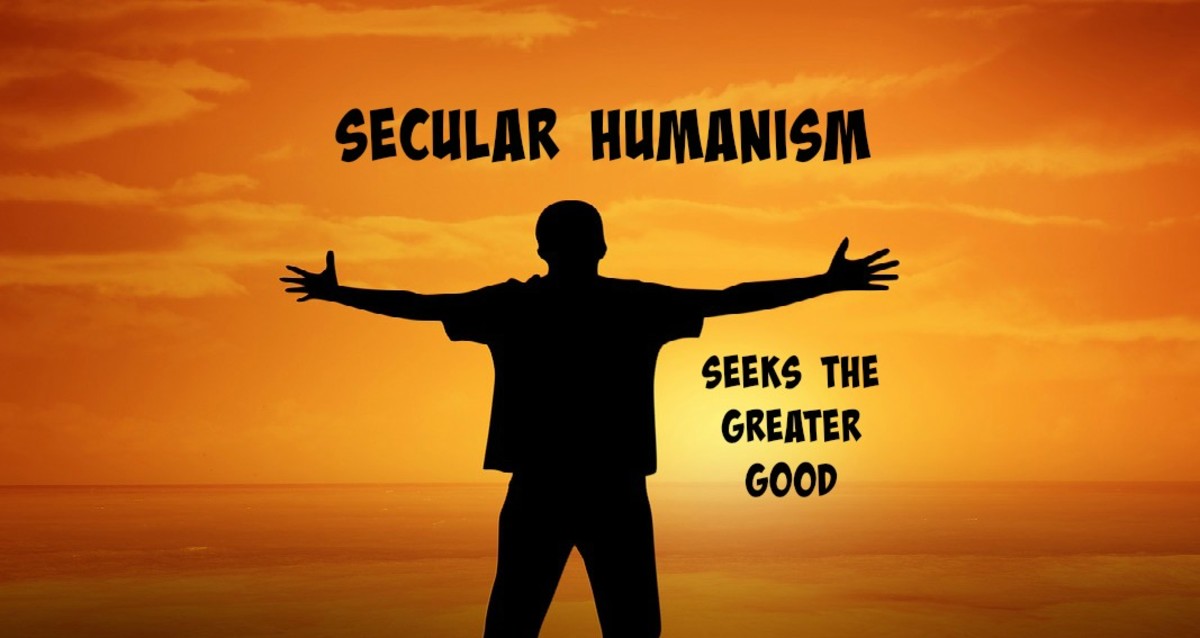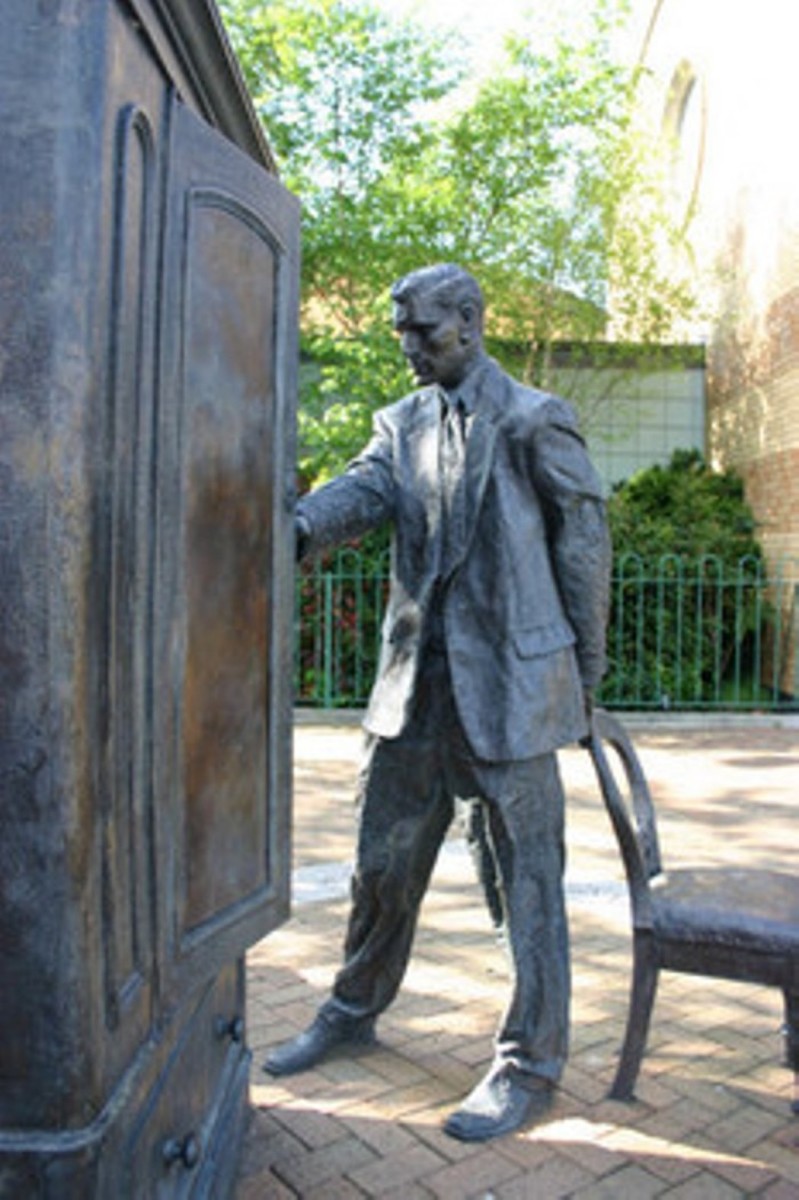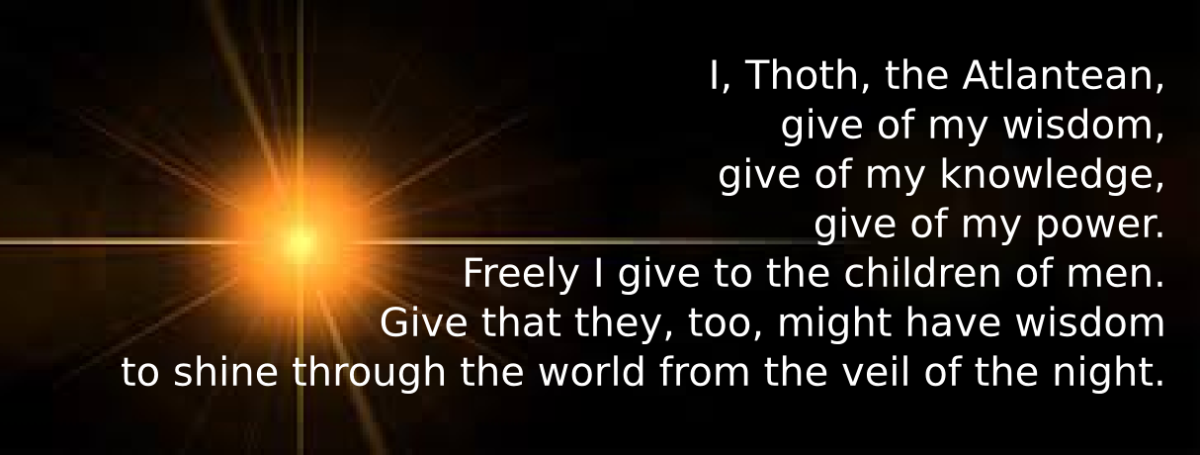Faith is a Necessary Part of Being Human

Faith is necessary to human beings. Faith is a necessary part of being human, and I can prove that to you.
How many things do we take on faith?
Thousands. Millions of things, maybe. Even the most cynical person, even the most nihilistic cynic in the world, may believe, with no way of proving it, that one plus one equals two.
Think about this for a moment. There is no way to prove that one plus one equals two. Yet most people in the world believe this is absolutely true. Well, it could very well be that one plus one equals two. There's no way of disproving it. It could also be that counting, numbers and arithmetic are human inventions; that one plus one equals two, like all numbers, mathematics and arithmetic is a human fiction designed to impose order on the world at large.
So, let us say that we have faith that one plus one equals two. That's what faith is--a firm, bedrock belief in something that can neither be proved nor disproved as fact.

There was a time on earth when all the people of the Western world believed in God as an absolute fact the same way that most people on earth believed that one plus one equals two. There was no question in people's minds that there was a Creator of the Universe; a Supreme Being to whom all humanity is ultimately accountable. People believed this naively; innocently. No one even thought to question this concept, because to those people, it seemed just as self-evident, just as irrefutable, as one plus one equals two.
And in the same way that we are imbued with the concept of counting and arithmetic from our earliest childhood, people were imbued with faith in God or the Creator, from earliest childhood.
Was this a good thing? Was this a bad thing? It seems on the whole that Western society has lost that bedrock belief in a power outside of and higher than humanity; or at least numbed it down to the point where it would be unrecognizable to those of several generations back. Now many of us have doubts.
Now, a shaky faith replaces that bedrock and naive belief of generations back; or a questing for the answers to those unanswerable questions:
- Why am I here?
- Is there a God?
- Is there an afterlife? Is there life after death?
- Do human beings have souls?
- Is there a whole purpose to the universe and all of Creation? Are we part of a larger pattern that we cannot see?

It says in the Bible (and I'm paraphrasing here, so bear with me) that Jesus said:
"Oh ye of little faith...if you had faith as small as a grain of mustard seed, you could move a mountain."
Or something like that.
If this is so, and I believe it, makes sense to me in my heart: the converse must be true. If you have no faith at all, in anything, then you can't accomplish anything at all. And that also makes perfect sense to me in my heart.
Like the root of any mathematical proof or any hypothesis in physics, we have to begin with an axiom of some sort. We begin with a list of axioms: things we take as given to be true without being able to prove them. We begin with a list of things we take on faith. Like one plus one equals two.
Without that we have nothing; we have no mathematical proof, we have no physical theory. Human thought begins with faith.
So, the elements of faith are at the beginning of human thought; we could not organize our thoughts or the world around us without taking certain ideas as given, as fact, without being able to either prove or disprove them. Our minds would be in chaos, in turmoil: we would be insane without belief in anything at all.

Both science and mathematics begin with axioms that we have established to be absolutely true but that are not subject to proof. In other words, all of science and mathematics begins with ideas that human beings take on faith.
Having established that faith is a necessary part of the human condition, having established that every human being in the world accepts something, some idea on faith alone, now we have to ask ourselves, do we have a choice?
Do we have a choice, what ideas we take on faith, and what ideas we can refuse to believe?
Of course we do, you'll say. Of course.
Ah, now, I wonder about that. Could I refuse to believe that one plus one equals two? Hah. I don't think so. I think I'll always believe that's true; I don't think I could seriously question that idea for a moment, even though I know it may or may not be absolutely true. I still believe that one plus one equals two.
After having gone very far away from the beliefs of my childhood; after having sniffed around many different religions and philosophies of life, I have more or less ended up back where I started. I was brought up in a Christian household, and deep down, I never stopped believing in God and in Christ, though I must say that Zen Buddhism is a very attractive philosophy to me. The Eightfold Path begins with the concept: harm no living thing.
Had I not been brought up in a Christian household, could I have the same belief embedded in my heart in God and in Christ? I don't know. It's possible, I suppose, to come to a fervent belief in a deity or religion later in life, as an adult, without the childhood exposure to the same. I think, though, that those adults who have found a religion later in life were possibly brought up without religion at all--the religion they find later in life is the writing on a blank slate.
Some people who have no religion have a firm, bedrock belief in themselves and their own powers: their own intelligence, or the intelligence of the human race. Some have a positive faith in happy outcomes; that what goes around comes around and if you strive to be a good person, good things will happen to you, to make up for any bad things that happen. These people have faith in the balance of karma in the human condition.
Most of us believe whatever we believe, whatever our core philosophy of life is, without being able to justify it, or wanting to, really. And it is not necessary to justify one's faith. That is beside the point; the point is that some sort of faith is a necessity to human beings. To justify one's faith is not possible: the whole idea of faith is a belief in something that can be neither proved nor disproved. And we all do; all of us have faith in some idea that cannot be either proved or disproved. Even the most hardened agnostic; even the most rampant atheist, believes something he or she cannot either prove or disprove.
It is truly comforting to me to know and understand that even the most hardened agnostic; even the most rampant atheist, has faith.








